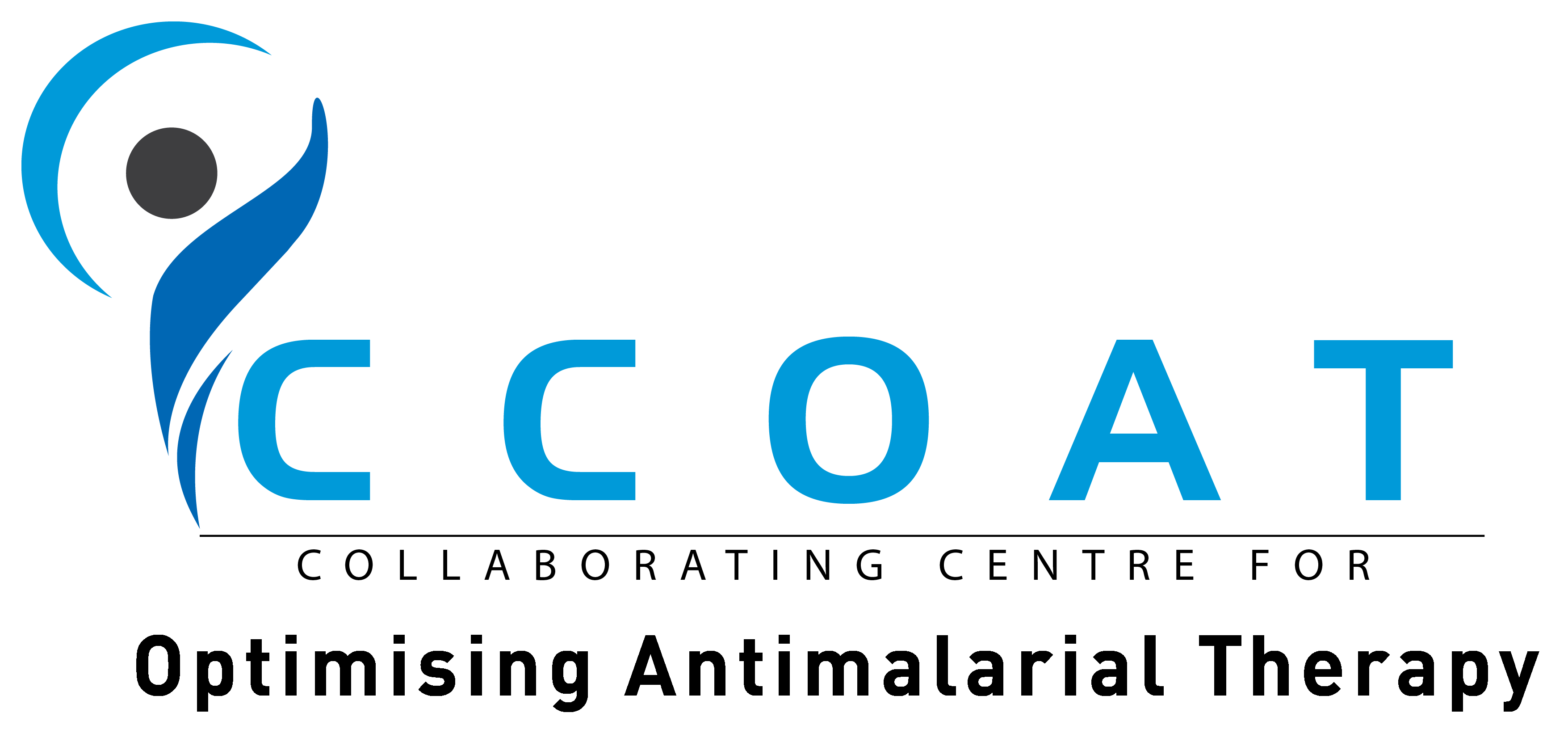The WorldWide Antimalarial Research Network (WWARN) provides a curated, free-to-access individual patient malaria data inventory, as well as innovative tools, visualisations and reliable evidence about the factors affecting antimalarial medicine efficacy. WWARN works with collaborators globally to optimise antimalarial treatments, especially for vulnerable groups such as pregnant women, infants and malnourished children. The evidence WWARN generates also informs the development of new antimalarial drugs.
WWARN’s work aims to prevent and slow antimalarial drug resistance, reducing the number of people getting sick and dying from malaria
WWARN’s repository now holds data from more than 200,000 patients and nearly 680 studies, including clinical, in vitro, molecular, pharmacologic and medicine quality data, as well as data on the quality of medicines. Find out more at iddo.org/wwarn
WWARN’s key activities include:
- Providing the malaria community with a reliable and standardised data collection and data access platform, to facilitate data reuse and pooled data analyses,
- Execute large scale pooled meta-analyses and living systematic reviews to provide evidence for policy makers and drug developers,
- Develop tools and training materials to support researchers in malaria endemic countries with the collection, analysis, interpretation, and dissemination of high quality evidence on malaria drug efficacy;
- Creating visualisation maps and tools to enable better research our understanding of antimalarial drug resistance to help inform clinical trial development and research analysis;
- Increasing awareness and understanding of the need for effective tracking of the emergence and spread of antimalarial resistance.
